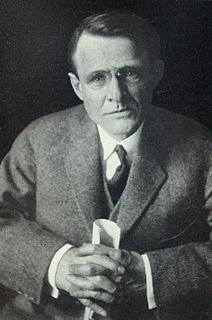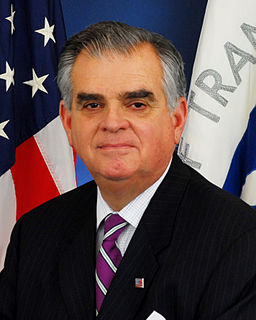A Quote by Walter Millis
The people have only a very vague direct power. They have the power of voting against the administration, again after its decisions have been taken; but they have no way of getting into the question of policy-making, decision-making, except insofar as the vague forces and pressures of public debate and public opinion have their impact on the President. The President still has to decide. He can't go to the people and ask them to decide for him; he has to make the decision. In that sense he was condemned to be a dictator.
Quote Topics
Related Quotes
But, that’s the whole point of corporatization - to try to remove the public from making decisions over their own fate, to limit the public arena, to control opinion, to make sure that the fundamental decisions that determine how the world is going to be run - which includes production, commerce, distribution, thought, social policy, foreign policy, everything - are not in the hands of the public, but rather in the hands of highly concentrated private power. In effect, tyranny unaccountable to the public.
The decision he made with Usama bin Laden was a tactical decision. It wasn't a strategic decision. The strategic decision was made by President Bush to go after him. What President Obama has done on his watch, the issues that have come up while he's been president, he's gotten it wrong strategically every single time.
We feel that our actions are voluntary when they follow a decision and involuntary when they happen without decision. But if a decision itself were voluntary every decision would have to be preceded by a decision to decide - An infinite regression which fortunately does not occur. Oddly enough, if we had to decide to decide, we would not be free to decide
[The American President] has to take all sorts of abuse from liars and demagogues.… The people can never understand why the President does not use his supposedly great power to make ’em behave. Well, all the President is, is a glorified public relations man who spends his time flattering, kissing and kicking people to get them to do what they are supposed to do anyway.
I get a lot of death threats. But the way I look at it, I feel I have a moral obligation to do the best I can to make the country better for everybody, and that threatens certain people because they're going to have much less power. I want the power to go back to people making decisions over their own lives rather than some experts making it.
Eisenhower had run the Army; he knew all the ways decision making can go off the rails, and insisted on collective debate precisely to prevent senior officials from freelancing, or putting their departmental interests first. For all the formal machinery, Eisenhower was very literally the commander in chief, making the key decisions himself and monitoring closely how they were carried out. Even years after D-Day, when critics needled him for not being on the front lines with the invading forces, he retorted, “I planned it and took responsibility for it. Did you want me to unload a truck?





































